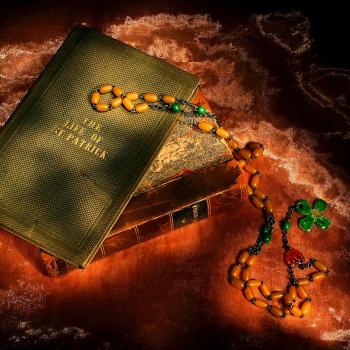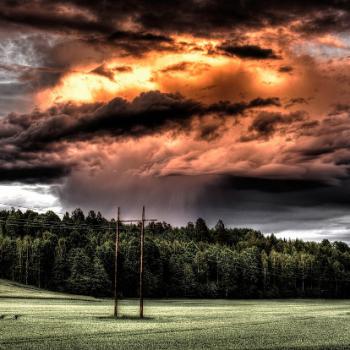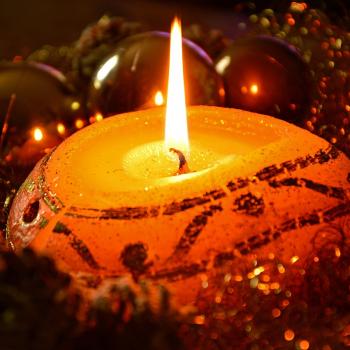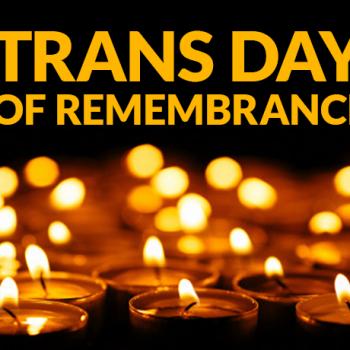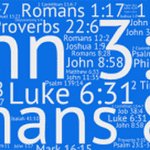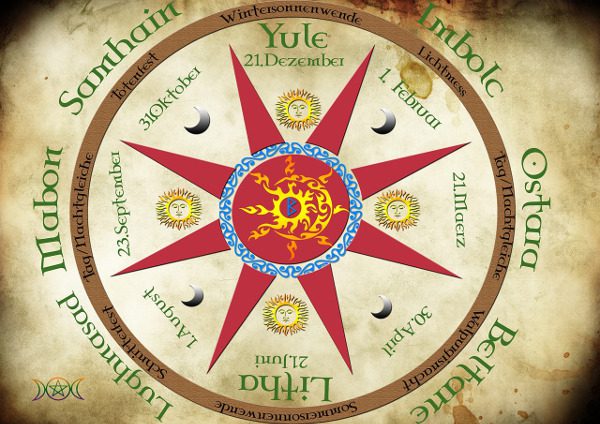
Before I begin, an analogy in the form of a story.
Most people have a vague notion of what Masonic orders are, at least enough to know that they’re initiatory bodies and have their own traditions, and you probably shouldn’t really discuss them at length without being an initiate and actual member, and if you are you shouldn’t be breaking your oaths by revealing stuff that’s for initiates only and all of this because…well, you get the picture.
Suppose once upon a time, someone decided to take the knowledge that is publicly known about Masons and create something inspired by it but very different, something which could become an easily practiced religion by just about anyone without needing to be taught, initiated, a member of any group or anything like that. And rather than calling it by a more generic or a different name, they called it “Masonism” and referred to themselves as “Masonists”–because the notion of Freemasonry is hugely popular and sells well, so why not. Years go by and people are a part of this religion but it’s fairly nebulously defined–as it’s self declared with no centralized holy texts to speak of, etc–and people do their own thing with some similar ideas shared between them and a relatively universal calendar with some variations. It’s a thriving religion, but maybe with some well-intended albeit uneducated people who occasionally open their mouths and make Masonists look foolish by stating that they’ve been around for centuries when it hasn’t been around longer than the published works back in around, say, 1980s or something or other. Either way, the end product resembles very little of the original concept of Masonry and has evolved into something quite unique yet malleable as a religious practice.
Then you actually have initiated Masons from various lodges who keep getting confused with Masonists. Unfortunately there’s not much you can do because the cat is out of the bag, the horse has left the barn, and you can’t tell a great many people to not call themselves by those names. The religion (or religions, really, quite like my own religion of Hellenism) itself is valid, but so are those Masonic organizations and traditions. The confusion is nonetheless there, and all sorts of people knee jerk against “Masonists” and don’t want to be associated with them for various reasons, and when meeting initiated Masons don’t know there’s an actual difference.
Now, replace “Mason” with “Wicca” and you have an excellent analogy as to what’s happened to it over the past couple of decades.
Understandably, there are a great number of initiated Wiccans who just refer to themselves as witches these days because the confusion is that strong. It also doesn’t help that like Masonic orders, there are numerous initiatory Wiccan traditions, most of them either directly related to or otherwise influenced by the Alexandrian or Gardnerian lines. To add to the confusion, there are people who consider themselves to be a part of the Wiccan religion as well as being an initiate of a particular line. Initiatory Wiccan traditions also have a wide variance in regards to actual religious or spiritual beliefs ranging from hard polytheists to atheism. The reality is that initiatory Wiccan traditions have far more in common as a group to the Hermetic Order of the Golden Dawn, OTO, Freemasonry, or any other initiatory tradition that has people in it of multiple faiths and backgrounds, but Wicca-the-religion is stuck in people’s consciousness, and there you have it.
So…what to do about the confusion? Is there anything that genuinely can be done? How do you educate? Should we even bother? Obviously Wicca-the-religion is essentially a fairly specific yet its own generic brand of neo-paganism, practiced by many people who claim the label for their faith proudly. You can’t walk that back, and I can guarantee not a single one of them will want to do that. And it’s pretty much only Americans who really refer to initiatory Wicca as “BTW” or “British Traditional Wicca” anyhow; if you go overseas they just refer to themselves as witches. Some people have coined the term “Wiccanate” to describe this brand of “Wicca identified neo-pagan”, and to say that initiatory Wiccans are “the only real Wiccans” is deeply problematic at this point. I personally loathe the term “Wiccanate” and the word itself reminds me of “Coffeemate”. Caffeinated witchcraft with cream, anyone?
We can only shout “Labels suck!” until we’re blue in the face, but the reality is that yeah, people use them as short hand because no one wants to recite a novel at great length every time someone asks you basic questions such as “What is your religion?” and “What do you call yourself or your tradition?” Labels exist for reasons and are widely used, and that’s just that. The problem rests in people using one label to mean one thing when someone else is using it for another, and then we’re forced to add qualifiers to those labels so we’re clear. Language, as always, evolves in order to be able to communicate more efficiently.
I have my own language to describe myself, and I typically say that I’m a Greek polytheist and a witch with a background in trad craft both Wiccan and non. I’m personally involved in two initiatory Wiccan traditions. In one of them I am not yet an initiate but am studying to become such, and in another I’m working towards third degree. So I feel that I have a fairly sound grasp on the issue, especially with my beginnings in my early teen years with my dad buying me Cunningham’s Living Wicca and Wicca: a Guide for the Solitary Practitioner.
My faith as a Greek polytheism is Hellenism, which unlike Wicca does not have magic at its center and/or as central to its practice. Certainly among us, we have witches and other various occultists but a lot of us do not practice magic. People have experienced a frustration in dealing with people who expect that as a polytheist or a pagan, magic is automatically assumed to be required or otherwise essential due to the popularity of Wicca-as-a-religion, and I certainly understand that. I think that more clear examples we have out there of all of the variants and traditions which exist out there and the people who are a part of them, the more understood all of these differences will be. We don’t need to point out what we’re not as much as we need to demonstrate what we all are.
And maybe people won’t feel the need to bash other traditions in order to distance themselves publicly from them, but hey…a witch can dream, right?






